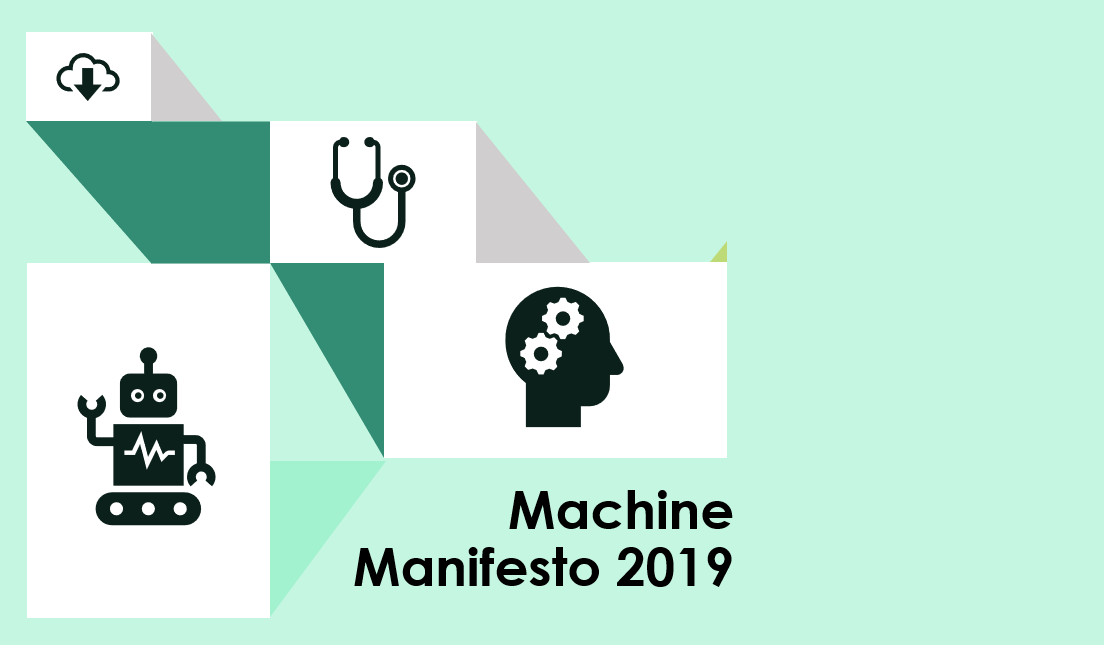
By Anna Pick.
As the UK General Election (#GE2019) approaches, what should politicians be doing to maximise the opportunities and minimise the risks of advances in AI and digital technologies? Future Advocacy’s 2019 ‘Machine Manifesto’ outlines 5 policy areas we think the next government should focus on:
1 – Set out an action plan to deal with disinformation in elections, including the use of ‘deepfakes’
Misinformation and disinformation represent serious threats to democracies worldwide. ‘Deepfakes’, or AI-generated fake videos, will present unprecedented challenges over the coming years. The cybersecurity company Deeptrace recently found 14,698 deepfake videos online, compared with 7,964 in 2018.
The risks of individual exploitation, as well as damage to our democratic processes, security, and public institutions, are profound. The next government should set out concrete actions to tackle the threat of disinformation in elections, including the use of deepfakes.
2 – Invest in digital infrastructure, business, and education, with a view to making the UK a top 5 digital economy by 2030
The UK should lead the way in realising the huge potential of AI to transform work, health and education. This will require sustained and thoughtful investment in digital infrastructure, supporting SMEs and re-training those affected by automation. The UK should capitalise on its excellent universities and design new education models for the digital world.
The government should maintain its status as a key driver of AI investment, and aim for the UK to be a top 5 digital economy by 2030.
3 – Pause the use of live facial recognition technology by the police
Live facial recognition technology, which allows faces captured by CCTV cameras to be checked in real time against watch lists, is being trialled across the country.
Future Advocacy is calling for the use of this technology to be paused until there has been an informed, public debate about when and how it should be used. There should also be a proper assessment of the potential impacts on ethnic and religious minorities.
4 – Launch a ‘Commission on the Future of Taxation in the Age of Automation’
Our tax system is no longer fit for purpose:
The digital economy is providing new ways for multinationals to shift profits to low-tax jurisdictions and reduce taxable income. The automation of labour will create novel challenges for systems that centre around income tax. Owners of capital are likely to reap the rewards of automation, leading to higher concentrations of wealth.
We need a ‘Commission on the Future of Taxation’ to look ahead and propose new taxation models for the twenty-first century.
5 – Create a legal obligation for providers of digital products and services to the NHS to abide by the “Code of Conduct for Data-Driven Health and Care”
AI and data-sharing represent huge opportunities for health systems, including the NHS. The NHS ‘Code of conduct for data-driven health and care technology’ is an excellent guide on how to develop safe, ethical and effective digital health technologies.
Given the specific challenges involved in using algorithms to crunch health data, we believe that the government should create an obligation for developers and innovators providing digital products and services to the NHS, to comply with the code of conduct.
Did we miss anything? Let us know what you think of our Machine Manifesto on Twitter, or by emailing us. You can find our recent think tank reports on all of these issues and more, by clicking here.
Olly Buston is CEO at Future Advocacy.
Areeq Chowdhury is the Head of Think Tank.
Anna Pick is Research, Advocacy and Communications Coordinator.